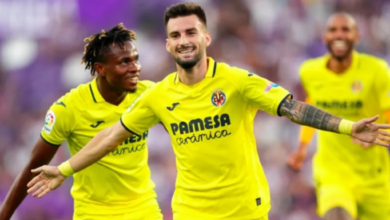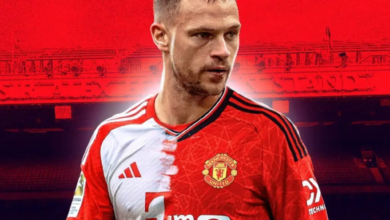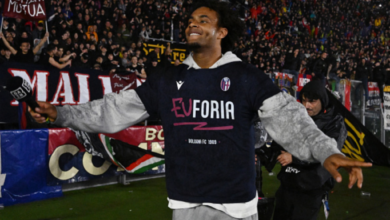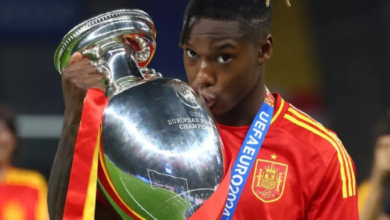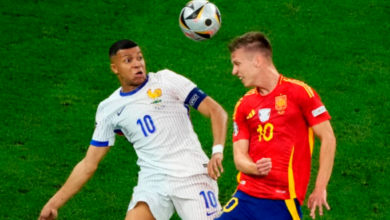Chelsea’s Next Manager: The Truth Explained as Brutal Reality of De Zerbi’s Potential Appointment Becomes Clear
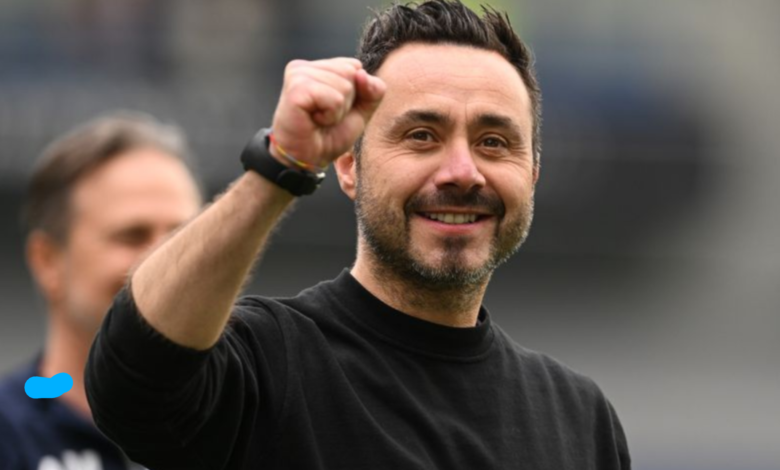
The Reality Behind Chelsea’s Search for a New Manager and De Zerbi’s Decline
A year ago, Chelsea considered Roberto De Zerbi as a potential replacement for Graham Potter. The buzz around Brighton was high following the transfers of Marc Cucurella and Paul Winstanley and interest in players like Moises Caicedo and Evan Ferguson. However, De Zerbi was eventually overlooked in favor of Mauricio Pochettino after an extensive search.
De Zerbi’s initial tenure was impressive, with nine wins, six draws, and seven losses in his first 22 league games, despite the challenges of mid-season upheaval, including Leandro Trossard’s departure and Caicedo attracting suitors.
Under De Zerbi, Brighton’s dynamic attacking style and ball-playing prowess flourished, advancing to the FA Cup semi-finals and finishing above Chelsea and Tottenham, all while operating on a smaller budget and with a younger squad.
Considering his early success, De Zerbi seemed a logical candidate for Chelsea. However, in the 13 months since he was ruled out as Potter’s replacement, De Zerbi’s fortunes have waned. He has a losing record of 23-24 in Premier League matches, and Brighton finished 11th in his first full season, plagued by defensive issues and poor away form.
This decline makes De Zerbi a less attractive option for Chelsea, who, under the direction of Paul Winstanley and Laurence Stewart, are looking for a manager who fits their vision of possession-based, exciting football. Despite this, De Zerbi’s tactical rigidity and failure to adapt to injuries and team changes have raised concerns about his suitability.
Brighton’s approach, characterized by risky ball-playing and a lack of creative freedom, has at times made them look vulnerable and one-dimensional. This inflexibility contrasts with Chelsea’s need for a manager capable of crisis management and tactical versatility, qualities De Zerbi has not consistently demonstrated.
While De Zerbi has shown the ability to improve young players, his methods can stifle creativity and lead to predictable play. The intense focus on structured patterns from back-to-front leaves attackers with little room for spontaneity, a potential issue for Chelsea.
The current situation with De Zerbi mirrors previous managerial challenges at Chelsea, particularly with Maurizio Sarri, whose system-driven approach also faced criticism. De Zerbi’s candidacy now seems more reflective of Chelsea’s ongoing struggles than his own managerial prowess.
Ultimately, Chelsea’s consideration of De Zerbi highlights the club’s search for alignment with their long-term vision. Yet, his recent track record and the challenges he faced at Brighton suggest that appointing him could be a gamble. As Chelsea continues to search for the right fit, De Zerbi’s decline serves as a cautionary tale about the complexities of finding a manager who can deliver both style and substance.
